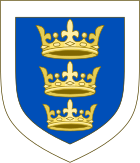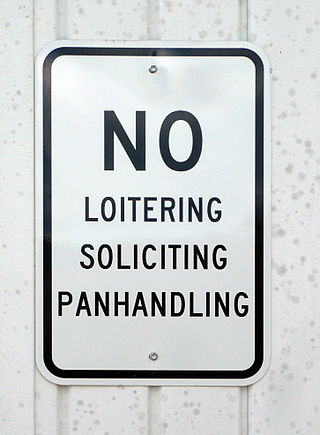
Loitering is the act of standing or waiting around idly without purpose in some public places.

The Libel Act 1843, commonly known as Lord Campbell's Libel Act, was an Act of the Parliament of the United Kingdom. It enacted several important codifications of and modifications to the common law tort of libel.
Interpretation Act is a stock short title used for legislation in Australia, Canada, Hong Kong, Malaysia, New Zealand, the Republic of Ireland, Singapore and the United Kingdom relating to interpretation of legislation. The Bill for an Act with this short title will have been known as the Interpretation Bill during its passage through Parliament.
The local property tax (LPT) is annual self-assessed tax charged on the market value of all residential properties in Ireland. It came into effect on 1 July 2013 and is collected by the Revenue Commissioners. The tax is assessed on residential properties. The owner of a property is liable. The revenue raised is used to fund the provision of services by local authorities and includes transfers between local authorities.
Irish law allows firearm possession on may-issue basis. With approximately seven civilian firearms per 100 people, Ireland is the 107th most armed country in the world.
An Education and Training Board (ETB) is one of sixteen statutory local education bodies that deliver a wide range of education services in the Republic of Ireland. ETBs manage a large number of secondary schools, further education colleges and training centres, multi-faith primary schools and adult education centres throughout the country. They deliver a growing number of apprenticeships and traineeships across the State.
In the Republic of Ireland, a commission of investigation is a statutory commission established under the Commissions of Investigation Act 2004 to investigate a matter of "urgent public concern". A commission of investigation is a less expensive but less powerful alternative to a tribunal of inquiry. Commissions of investigation may take evidence in private, whereas tribunals of inquiry are held in public. In 2017, the Fine Gael-led government planned to have Peter Charleton chair a commission into the Garda whistleblower scandal; opposition demands led it to change this to a tribunal.

The City of Limerick Act 1292 is an act passed by the Parliament of Ireland in 1292, during the reign of Edward I as Lord of Ireland.

The Sheriffs Act 1293 is an act passed by the Parliament of Ireland in 1293, during the reign of Edward I as Lord of Ireland.

The R477 road is a regional road in Ireland, located in coastal County Clare. It is a notable scenic route.
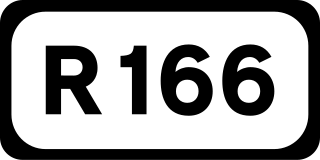
The R166 road is a regional road in Ireland, located in County Louth.

The R398 road is a regional road in Ireland, located in County Longford.
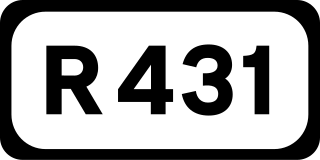
The R431 road is a regional road in Ireland, located in County Laois.

The R396 road is a regional road in Ireland, located in County Longford and County Westmeath.
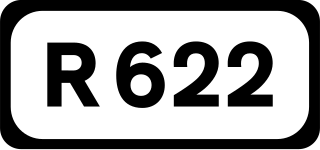
The R622 road is a regional road in Ireland, located in County Cork.

The R496 road is a regional road in Ireland, located in County Clare and County Tipperary.

The R473 road is a regional road in Ireland, located in the southern coastal parts of County Clare.
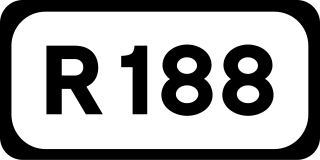
The R188 road is a regional road in Ireland, located in County Cavan and County Monaghan.

The R344 road is a regional road in Ireland, located in west County Galway. It cuts off the loop made by the N59 through Clifden and Letterfrack.
The Succession Act 1965 in Irish law was intended to provide for the surviving spouse of the deceased if the deceased was intestate or specified a less than equitable share of the estate. Up to then, Irish citizens could apportion their estate as they wished without regard to the needs of their spouse or family.
